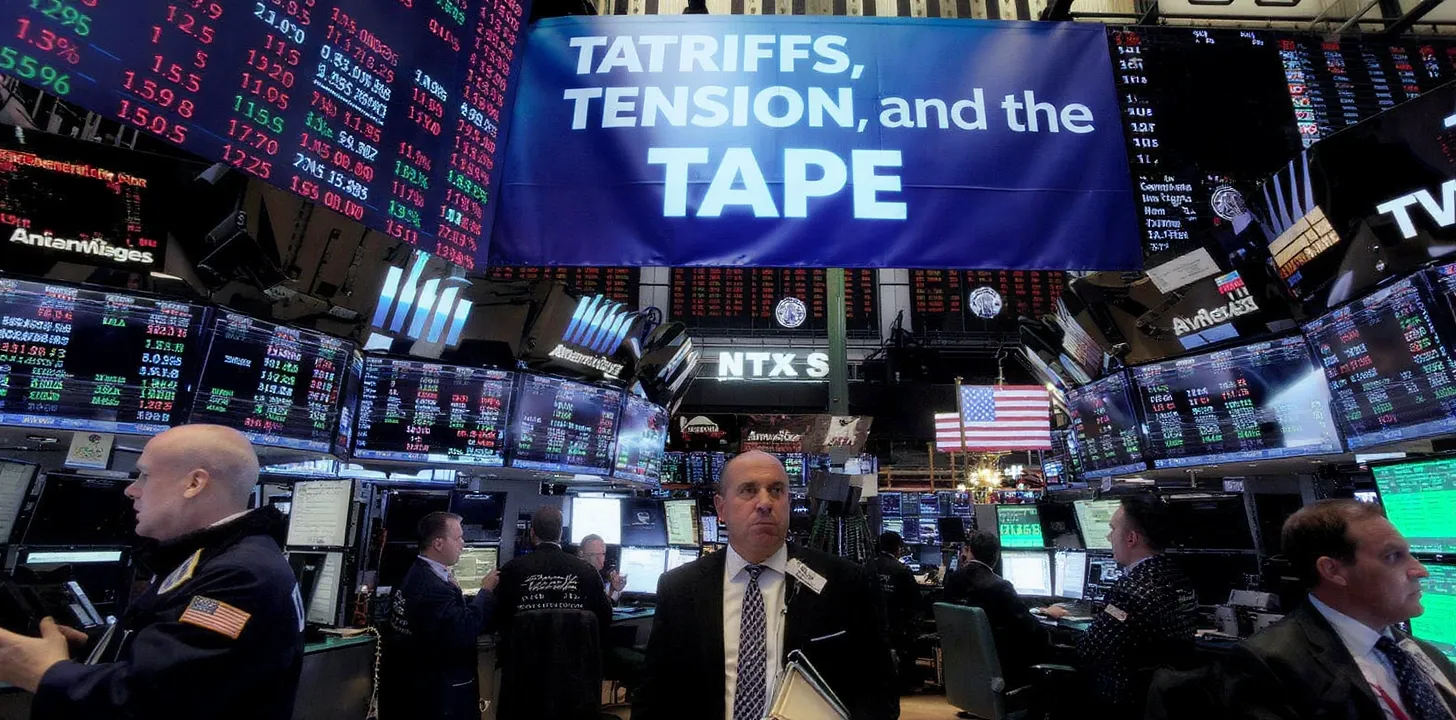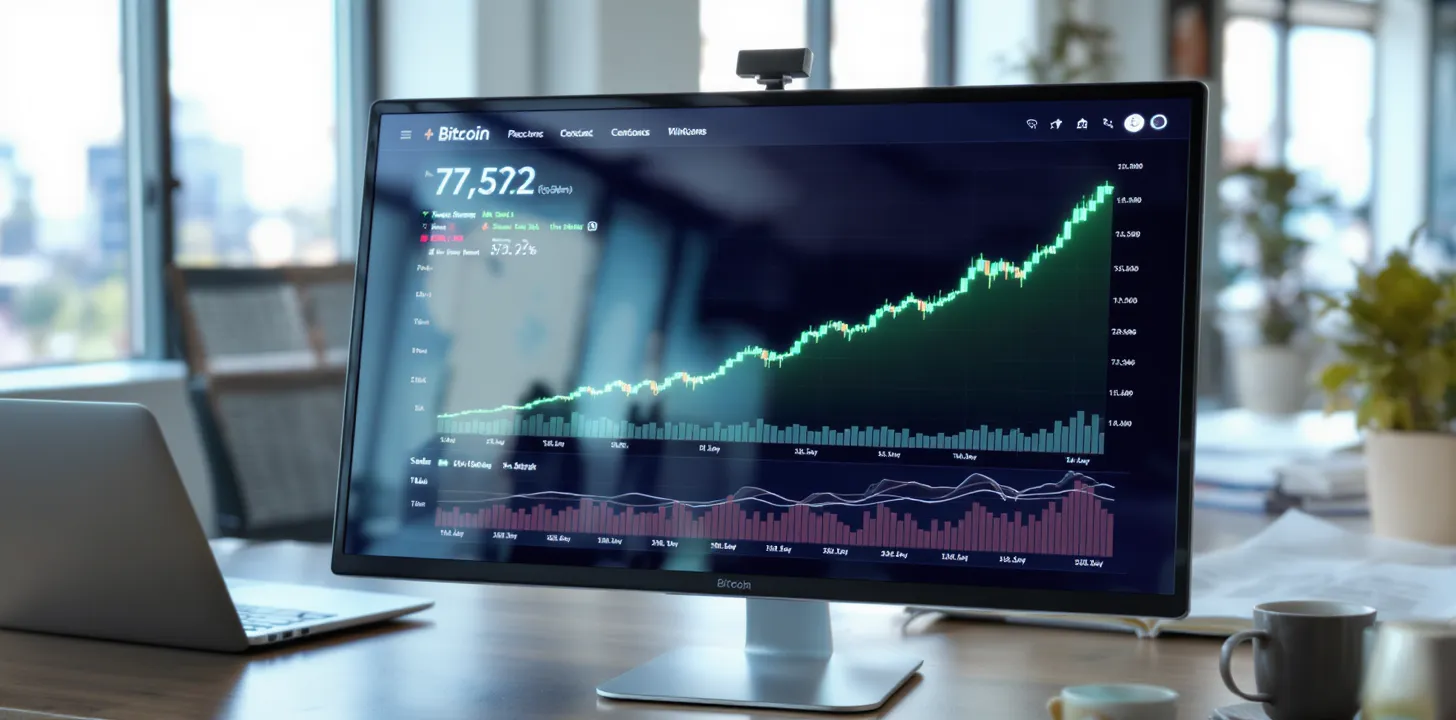Introduction
Trader psychology is a critical factor in the assessment of trends and countertrends. Emotions and cognitive biases can influence decision-making, often leading to suboptimal trading outcomes. This article explores the psychological aspects of trading and offers strategies to enhance mental discipline.
The Psychology of Trends and Countertrends
Trends and countertrends evoke emotional responses that can impact trading decisions. A strong trend may induce euphoria and overconfidence, while a countertrend can trigger fear and panic. Understanding these psychological responses is crucial for maintaining a disciplined approach.
Common Psychological Pitfalls
- Fear of Missing Out (FOMO): The anxiety of missing out on profitable opportunities can lead to impulsive trades during strong trends.
- Loss Aversion: The tendency to avoid losses rather than acquiring equivalent gains can result in holding onto losing positions during countertrends.
- Overconfidence: Excessive confidence in one’s trading abilities can lead to increased risk-taking and disregard for potential countertrend risks.
Strategies for Enhancing Trader Psychology
- Mindfulness and Emotional Regulation: Practice mindfulness techniques to stay aware of emotional responses and regulate them effectively.
- Trading Journal: Maintain a trading journal to document trades, emotions, and decisions. This helps identify patterns and improve future decision-making.
- Risk Management Plans: Develop and adhere to strict risk management plans to mitigate the impact of emotional decisions.
Techniques for Psychological Resilience
- Simulation and Backtesting: Engage in simulation and backtesting to build confidence in your trading strategy and understand how it performs during different market conditions.
- Regular Breaks: Take regular breaks from trading to avoid burnout and maintain mental clarity.
- Education and Training: Continuously educate yourself about market dynamics, trading strategies, and psychological aspects to stay informed and prepared.
The Role of Discipline in Trend and Countertrend Assessment
Discipline is paramount in assessing trends and countertrends. A disciplined approach ensures that traders adhere to their strategies and risk management plans, regardless of emotional responses. Techniques such as automated trading systems can help enforce discipline and reduce the influence of psychological biases.
Conclusion
Trader psychology plays a vital role in the assessment of trends and countertrends. By understanding common psychological pitfalls and implementing strategies for emotional regulation and discipline, traders can enhance their decision-making processes. Building psychological resilience and maintaining a disciplined approach are key to successful trend analysis and trading outcomes.
Disclaimer: This is not an Investment Advice. Investing and trading in currencies involve inherent risks. It’s essential to conduct thorough research and consider your risk tolerance before engaging in any financial activities.



